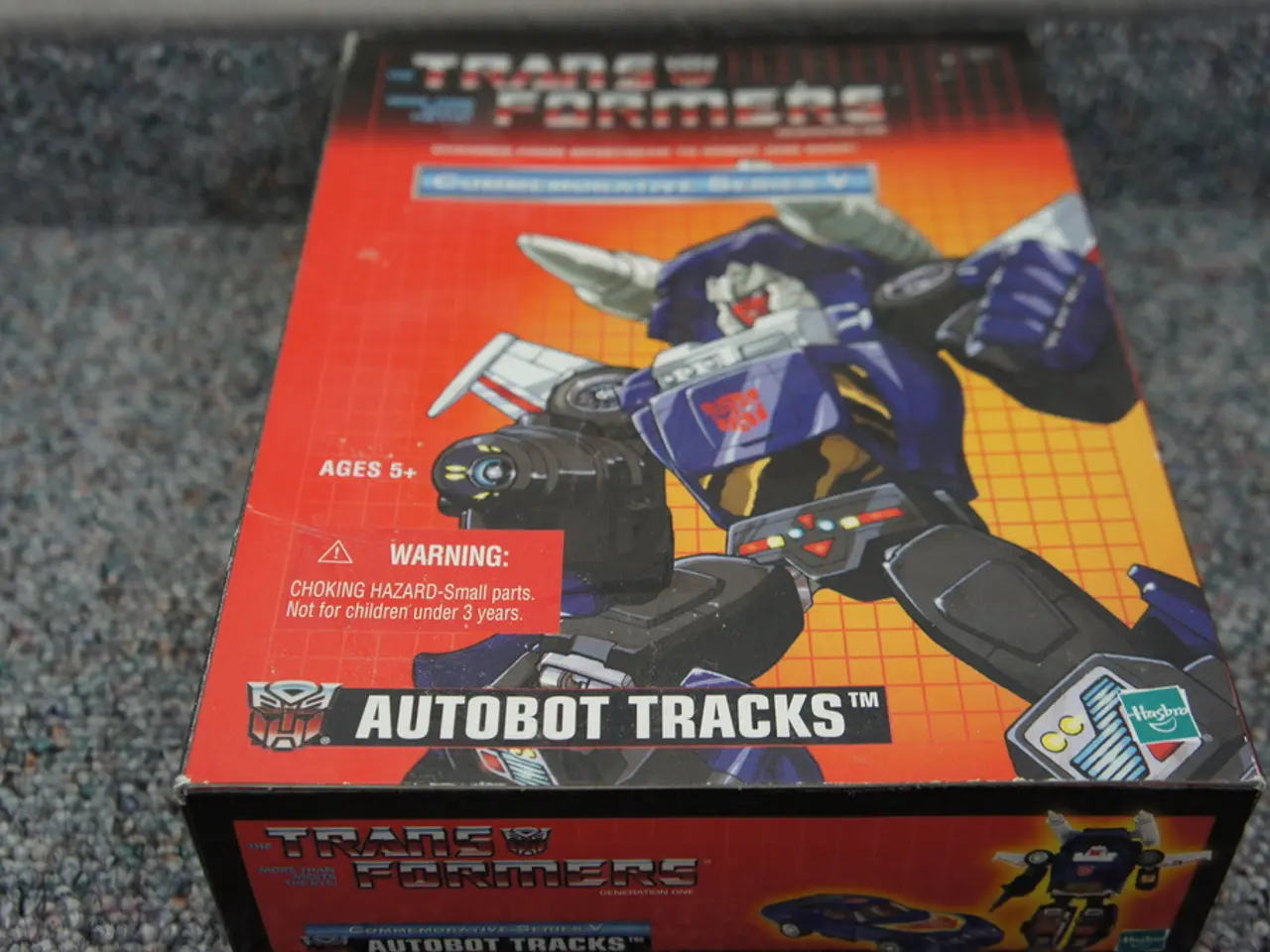Artificial Intelligence Revamps Auto Repair: Could the Technician's Role Evolve Due to AI Technology?
In the ever-changing world of automotive technology, the role of auto mechanics is undergoing a significant transformation, with the integration of Artificial Intelligence (AI) playing a pivotal role. Auto Mechanic Training Centres, such as ATC Toronto, are adapting their curriculum to equip students with the skills necessary to navigate this new landscape.
ATC Toronto has updated its auto mechanic training program to reflect the need for students to learn how to use advanced scan tools and understand vehicle data streams. The focus is on both foundational mechanical skills and up-to-date tech knowledge, ensuring students are well-prepared for the evolving demands of the industry.
The job of a mechanic is evolving, with a focus shifting towards electronic systems, sensor networks, and computerized interfaces. Mechanics are no longer just fixing cars; they are becoming diagnostic specialists, interpreting complex data to make high-level decisions. AI tools, such as AI-powered diagnostic platforms, can analyze data from thousands of similar vehicles to pinpoint likely issues, making mechanics' jobs more efficient and accurate.
However, AI cannot perform physical tasks, such as crawling under a car or feeling a worn-out part. The role of a technician in interpreting, validating, and implementing AI-generated results becomes more valuable as more diagnostic and repair steps become automated. Mechanics will need to work closely with AI systems to validate and interpret diagnostic results, necessitating effective communication and collaboration skills.
The evolving roles and skills required for auto mechanics in the era of AI-assisted diagnostics and repair are shaped by several key factors. First, mechanics will shift from traditional physical labor to technical expertise, requiring stronger analytical skills. Second, the integration of AI in maintenance and repair will become essential, with mechanics using AI-generated predictive analytics to schedule maintenance and adapt to new technologies. Lastly, mechanics will need to tackle more sophisticated problems that AI might not fully address, such as complex electrical or software issues, requiring strong problem-solving skills.
The required skills for auto mechanics are also changing. Mechanics must understand how to work with AI-driven diagnostic tools and interpret complex data sets. Familiarity with automotive software systems and IT infrastructure will become more important. The ability to interpret and communicate AI-driven diagnostics effectively to customers and other technicians will be vital. Adaptability and continuous learning will be crucial as AI systems evolve.
Academies like Eram Skills Academy offer courses designed to equip aspiring mechanics with these evolving skills, transforming passion into a profession by incorporating diagnostics and repair techniques in their training programs.
ATC Toronto provides real-world training and expert instructors to build adaptability in students. Students at ATC Toronto learn to use scan tools, computerized diagnostic equipment, and understand sensor outputs and live data streams. The training program covers working with hybrid and electric vehicles, collaborating with AI-based repair systems, and communicating findings clearly with customers and service teams.
The auto repair field, with its blend of hands-on problem solving and cutting-edge technology, is an exciting place to be. While AI may handle diagnostics, the role of the technician is not disappearing but rather is being reshaped by the integration of AI. AI lacks real-world experience and judgment, which every great technician possesses.
In conclusion, the integration of AI in the auto repair industry is transforming the roles and skills required for auto mechanics. Mechanics are evolving from traditional mechanics to diagnostic specialists, integrating AI in maintenance and repair, and focusing on complex issues. The required skills for auto mechanics are also changing, with a focus on technical skills, soft skills, and business and customer service skills. Academies like ATC Toronto are adapting their training programs to equip students with these evolving skills, ensuring they remain indispensable in the industry.
Technology integration in education-and-self-development programs can help mechanics stay updated with the latest advancements in sports technology, enhancing their diagnostic skills. For instance, athletes' performance data collected by wearable devices can provide valuable insights for mechanics to better understand vehicle dynamics in sports cars.
The growing popularity of electric sports cars is another area where mechanics can apply their tech knowledge. Understanding the nuances of electric systems, such as battery management and regenerative braking, can help mechanics optimize the performance of these high-tech vehicles.




